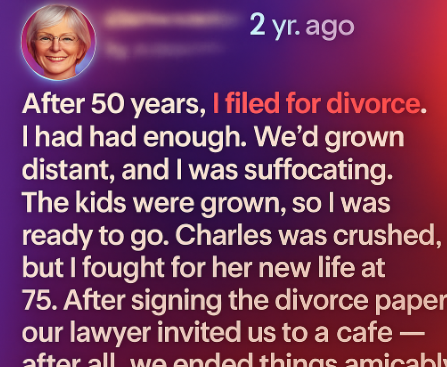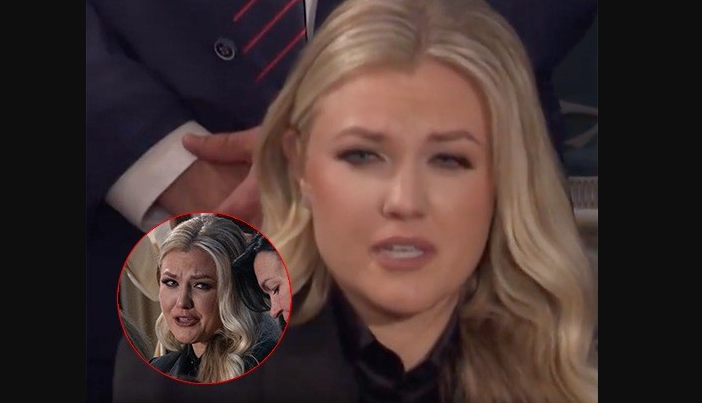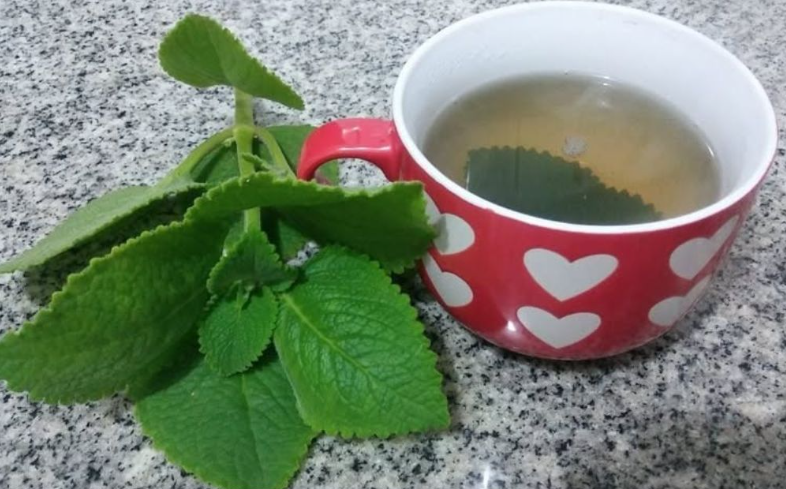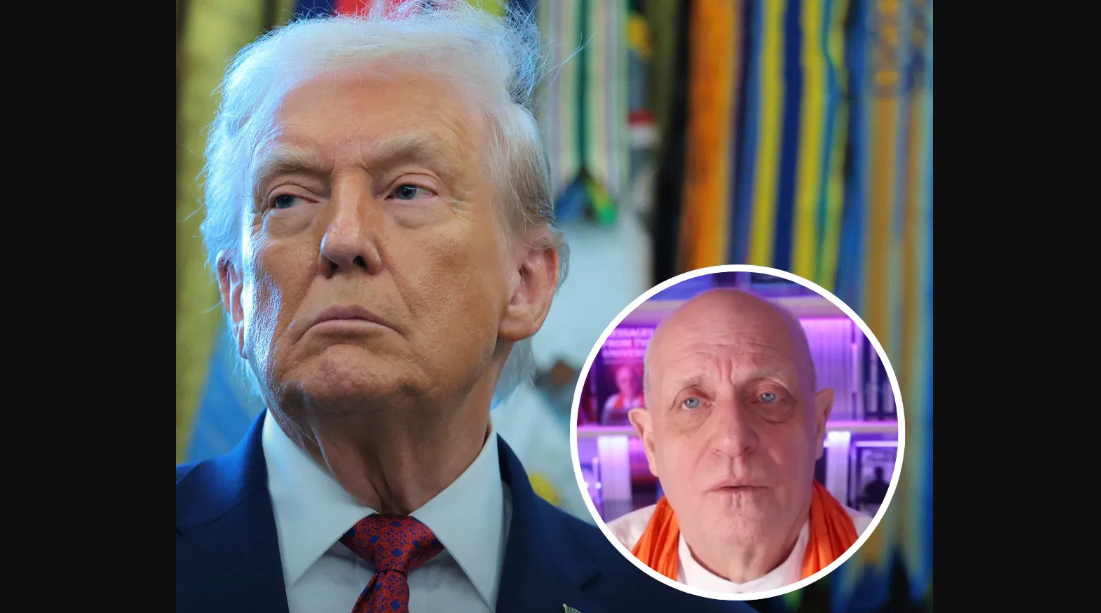After fifty years of marriage, we concluded our union in a serene lawyer’s office — two signatures and a profound silence that enveloped the room. We avoided arguments, refrained from tears… we merely completed a connection that had gradually diminished over time. Routine guided us to a nearby café afterward, where we occupied seats as unfamiliar acquaintances. As the waiter inquired about our preferences, Charles responded on my behalf out of longstanding practice, mirroring his role across many years. In that modest, everyday instance, an inner barrier within me shattered. I rose from the table, stepped into the brilliant sunlight, and sensed the burden of decades easing from my shoulders. I believed that marked the conclusion. I erred in that assumption.
Hours afterward, as I started to adjust to the reality of my transformed existence, the telephone sounded. The caller emerged as neither a neighbor nor any of our offspring. Our lawyer reached out — his tone remarkably gentle. Charles had fallen ill suddenly. A stroke struck. He rested in intensive care. My resentment cooled into numbness, shifted to apprehension, propelled me into action — grasping keys, slinging my purse over my shoulder, navigating congested roads in a journey that stretched endlessly. Upon reaching the hospital, devices sustained his breathing, and the partner with whom I had constructed an entire world appeared remarkably fragile. I took the seat at his side because affection persists in various forms — at times it merely softens, awaiting rediscovery.
During the subsequent days, I visited consistently, embodying a steadfast commitment. This arose not from requirement, but from a profound sentiment — a compassion I presumed long forgotten. I recited passages to him, applied moisturizer to his palms, infused the clinical quiet with recollections from our shared past. When he eventually murmured my name, the moment signified no grand reconciliation. Romance played no part. It represented acknowledgment — of affection that evolved in form yet endured in essence. Gradually, we discovered a milder path to coexist. No longer spouses, no longer adversaries, but two individuals relearning gracious communication.
We chose against renewing our vows. Such formality proved unnecessary. In its place, we cultivated a warmer bond — a partnership grounded in mercy, free from compulsion. We established a scholarship program supporting women embarking on fresh phases later in their journeys, an offering to those seeking renewed opportunities. When his final moments arrived years onward, I clasped his hand once more — celebrating not a union dissolved, but a path that evolved profoundly. I avoided reverting to former patterns. I forged a vibrant path ahead — enriched with literature, flourishing gardens, serene dawns, and a tranquility previously unfamiliar. Within that tranquility, I uncovered a vital truth: certain conclusions spark new origins, and often the most profound narrative of affection emerges from the one you craft within yourself following release.







